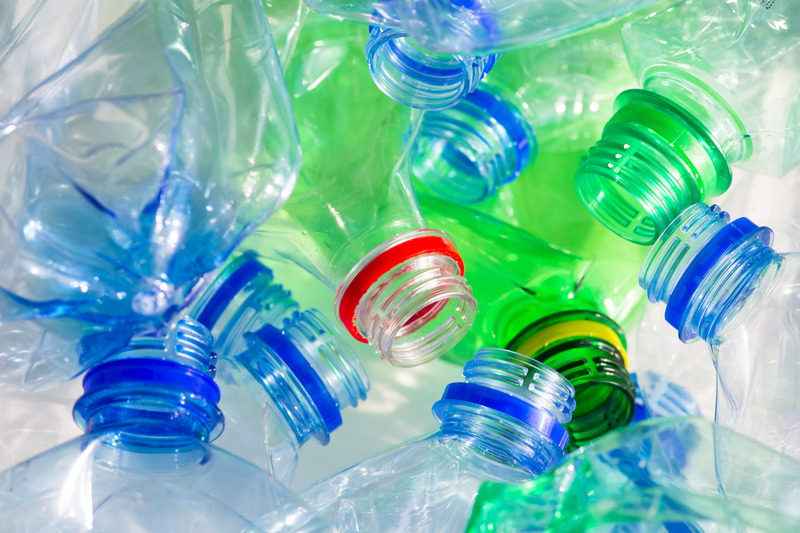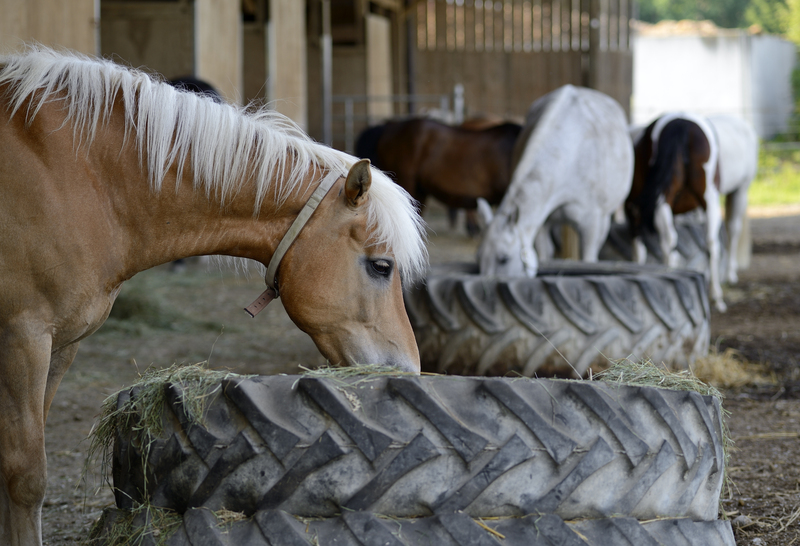Household Recycling Options for Metal Cookware
Are you wondering what to do with your old pots, pans, and baking sheets? Metal cookware is a common item in any kitchen, and over time, it can become scratched, warped, or simply unwanted. Instead of sending these items straight to the landfill, you can explore multiple household recycling options for metal cookware. This comprehensive article will guide you through responsible, eco-friendly choices for recycling, repurposing, and disposing of metal kitchenware.

Understanding Metal Cookware Recycling
Why Recycle Cookware? Metal cookware, typically crafted from stainless steel, cast iron, copper, or aluminum, is highly durable but not indestructible. When cookware reaches the end of its lifespan or when preferences change, you might be left with a pile of unused pans and pots. Throwing these items away contributes to the swelling issue of landfill waste, while recycling conserves resources and reduces environmental impact.
Before diving into recycling methods, it's important to understand that the process isn't always as simple as tossing cookware in your curbside bin. Metal recycling rules can vary: your location and the type of cookware matter.
Common Types of Metal Cookware Suitable for Recycling
- Stainless Steel: Common in pans and mixing bowls. Highly recyclable due to its high scrap value.
- Copper: Found in premium cookware. Very valuable at recycling centers.
- Cast Iron: Hefty, durable, and 100% recyclable after removing non-metal parts.
- Aluminum: Used in baking sheets, lightweight pans, and some utensils.
Each of these metals can be recycled, but the recycling options for metal cookware might differ based on coatings, handles, and attached items.
Can You Recycle Metal Cookware in Household Bins?
Most municipal recycling programs accept metal, but not all accept metal cookware. That's mainly because:
- Cookware may be too large, heavy, or oddly shaped for processing machines.
- Items with plastic, rubber, wooden, or glass handles and lids may not be accepted.
- Some pans have non-stick coatings (like Teflon) that complicate recycling.
Tip: Always check with your local recycling program before placing cookware in curbside recycling bins.
Best Recycling Options for Metal Cookware
1. Local Scrap Metal Yards
One of the most effective recycling routes for metal pots and pans is to take them to a local scrap metal yard or recycling facility. These centers are equipped to handle all sorts of metal, including cookware.
- Remove any non-metal parts if possible (handles, lids with glass, etc.).
- Call ahead to check requirements and accepted items.
- Sort your metals--some yards pay more for copper or aluminum.
You might even earn a small amount of cash for higher-value metals like copper or aluminum.
2. Donation Centers and Thrift Stores
If your metal cookware is still usable, consider giving it a second life through donation:
- Donate to local charities, thrift stores, or shelters.
- Schools, community centers, and churches may welcome extra kitchen items.
Donation helps extend the life of your cookware and supports community needs.
3. Brand Recycling Programs
Some big cookware brands have launched take-back or recycling programs that help reduce waste:
- Le Creuset and other high-end brands may accept their old cookware for recycling or refurbishing.
- TerraCycle sometimes partners with cookware brands to recycle non-stick pans and bakeware not accepted by municipal programs.
Check brand websites for recycling schemes specific to your cookware.
4. Community Recycling Events
Many towns host household hazardous waste or electronics recycling events several times a year. These often accept metal household goods and cookware, safely diverting them from landfills.
5. Bulk Item Pickups
Some cities offer bulk waste or metal pickup days, and old pots and pans may be allowed. However, sorting or stripping might still be needed. Always consult municipal guidelines.
6. Scrap Drives and School Fundraisers
From time to time, nonprofits and schools hold scrap metal fundraising drives. Donating old cookware can support their efforts and ensure your metal items are properly recycled.
How to Prepare Metal Cookware for Recycling
Proper preparation helps recyclers maximize reclaimable materials and minimizes contamination risks:
- Remove handles or lids made from wood, glass, or plastic.
- Clean the cookware: remove food residues or oils.
- Check for non-stick coatings: Some recycling programs cannot process pans with Teflon-style coatings. If unsure, call ahead or opt for appropriate drop-off points (like TerraCycle).
- Sort metals: Group aluminum, copper, stainless steel, and cast iron separately when possible.
Proper preparation ensures the highest rate of recovery and minimizes environmental harm.
Alternatives to Recycling: Creative Repurposing
If your cookware is no longer suitable for cooking, consider reuse or upcycling options before recycling:
- Planters: Cast iron pots or aluminum pans make charming garden planters.
- Home decor: Decorative wall art, vintage cookware clocks, or quirky storage to lend rustic charm to your space.
- Workshop organizers: Old muffin tins are ideal for sorting nuts, bolts, and small tools.
- Bird baths or feeders: Large pans can be cleaned and converted for outdoor use.
Give old cookware new life around your house or garden, reducing waste and adding style!
Special Notes: Non-Stick and Coated Cookware
What about non-stick pans? Pans coated with Teflon or similar materials can be difficult to recycle because of the chemical coating. Here's what you should know:
- Check with local programs: Many do not accept Teflon or coated pans in normal scrap loads.
- Specialized recycling: Seek out programs like TerraCycle, which work with harder-to-recycle kitchenware.
- Do not burn: Burning non-stick pans releases harmful chemicals--never attempt to "strip" pans this way.
If no recycling options exist, consider reusing in the garage or workshop, or in non-food applications.
Eco-Friendly Cookware Choices for the Future
Thinking sustainably? When replacing cookware, choose options that make future recycling easy:
- Single-metal pans: Avoid cookware with mixed materials that are hard to separate.
- Recycled content: Opt for new pans made from recycled metals.
- Brands with take-back programs: Support companies committed to diverting cookware from landfills.
Selecting eco-friendly cookware makes future recycling options more accessible and helps close the materials loop.
Frequently Asked Questions (FAQ) on Metal Cookware Recycling
-
Can I put old pots and pans in the blue bin?
Most standard recycling bins do not accept cookware due to size, shapes, and mixed materials. Check with your local authority or use a scrap metal yard. -
Is it worth recycling metal cookware?
Yes! Metals are infinitely recyclable, and doing so saves energy, reduces mining, and prevents waste. -
What if my pan has a plastic or rubber handle?
Remove non-metal components before recycling if possible. Some places may accept cookware with handles, but it might fetch lower prices or face rejection. -
What should I do with cast iron I've inherited but don't want?
Vintage or branded cast iron might have collector value--check with resellers or local enthusiasts. Otherwise, donate, repurpose, or recycle at a scrap metal yard.

Summary: The Sustainable Kitchen Starts With You!
Recycling metal cookware at home is simple but may require a little effort. By assessing options--from responsible recycling to creative upcycling--you can significantly reduce your environmental footprint. Carefully prepare your unwanted pots, pans, and sheets, check local guidelines, and empower your community to participate in a greener, cleaner future.
Ready to recycle your cookware? Start today--every pan saved from a landfill counts!
Key Takeaways: Household Recycling Options for Metal Cookware
- Metal cookware is recyclable via scrap yards and some community programs.
- Donation and upcycling extend cookware life and reduce waste.
- Not all types are curbside recyclable--check with your municipality.
- Proper preparation improves recycling success and reduces contamination.
- Choose eco-friendly cookware to make future recycling even easier.
Remember: The recycling options for metal pots and pans in your home are diverse, and a little research goes a long way. Protect the planet--think before you toss!



